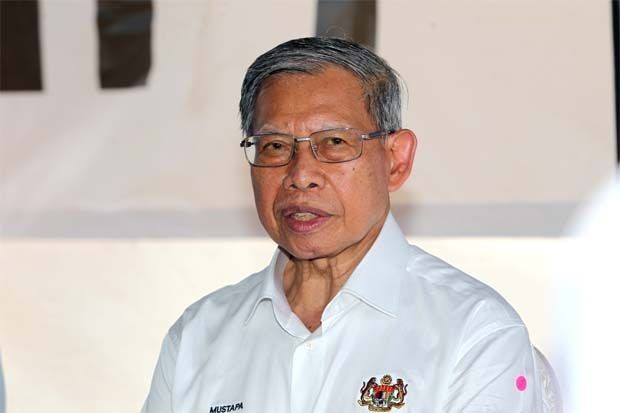
PETALING JAYA: The effects of the Covid-19 pandemic have been devastating to Kedah, Perlis, Kelantan, Sabah, and Sarawak, according to a World Bank report.
Entitled Malaysia Economic Monitor “Catching Up: Inclusive Recovery and Growth for Lagging States”, the report said the states have the lowest average income and highest incidences of poverty.
A greater emphasis is needed to uplift states lagging behind their more developed and industrialised peers, according to the report.
It said fiscal policies must strike a balance between increasing revenues, spending efficiently, and ensuring sufficient social protection for lower-income groups to encourage comprehensive growth.
Minister in the Prime Minister’s Department (Economy) Datuk Seri Mustapa Mohamed said the government would continue to provide support to vulnerable segments of the population, while addressing structural challenges pertaining to energy and food security.“The recent rise in food and energy prices, following the conflict between Russia and Ukraine, has contributed to price pressures and rising cost of living,” said Mustapa during the launch of the report.
There are huge disparities in Malaysia not only in terms of wealth and income, but also education and access to infrastructure, according to Mustapa.
“As a country, we are to get serious in addressing inequality and unbalanced development.
“Ideally, we want all parts of Malaysia to be equally developed. Every state in the federation should be as wealthy as the Klang Valley. The reality is that we have a long way to go,” he said.
Based on the report, he said, households in Sabah and Sarawak as well as the northern and eastern regions of the peninsula were found to experience slower progress in regaining employment and income compared with those in other regions.
“In 2020, the gross domestic product per capita gap between the central region of the country namely, the Klang Valley, Negri Sembilan and Melaka compared with Sabah and Sarawak were 2.7% and 1.3% respectively.
“In the 12th Malaysia Plan, we have made it our aim to reduce the gap to 2.5% for Sabah and 1.2% for Sarawak. This is a modest goal which I believe we can achieve,” he said.
He said the highest increases in poverty were recorded in Sabah, Kelantan, Sarawak and Kedah.
“We have been trying our best to mitigate this. Indeed, the issue of poverty eradication remains high, if not one of the main priorities, on the government’s agenda.
“The Economic Planning Unit and the Implementation and Coordination Unit are spearheading Pembasmian Kemiskinan Tegar Keluarga Malaysia – a programme which employs an innovative approach in addressing poverty,” he said.
The programme hinges on local solutions tailored to the unique strengths of particular communities. The first phase will cover 80 localities and prioritise the states which have the highest poverty rates.
The economy, according to the report, was projected to expand 5.5% in 2022, driven by a strong rebound in consumption.
“Fiscal consolidation to support inclusive recovery across the country should remain a priority but needs to be implemented gradually,” it said.
In the short term, it said, fiscal policy should be focused on maintaining financial support for the poor and vulnerable and establishing a more inclusive social protection framework with better targeting.
“The government’s various cash assistance programmes throughout the pandemic have provided important support to households. “However, the World Bank’s high-frequency phone survey revealed the cash assistance programmes did not reach nearly a quarter of those earning RM2,000 or less.
“While higher fiscal spending in response to the pandemic has helped support the economy, it has also led to further narrowing of the fiscal space,” it said.
Efforts to rebuild fiscal buffers through increased revenue collection and enhanced spending efficiency should remain a key policy priority, according to the report.
However, because the economic recovery is still in its early stage, medium-term fiscal consolidation has to be tackled gradually.
The report’s special topic highlighted challenges constraining economic development in Kedah, Perlis, Kelantan, Sabah, and Sarawak.
It found that some barriers to growth in the states could be addressed through deeper federal-state collaboration under an explicit policy framework to address specific challenges of lagging states.
“With the right governmental support systems and prudent fiscal steps, Malaysia’s economy can expand beyond a return to pre-pandemic levels, towards achieving significant long-term development goals.
“Malaysia’s ongoing efforts to free up fiscal space would allow the government to channel more federal resources to localities and households in such areas,” it said.
Source: https://www.thestar.com.my/business/business-news/2022/06/17/report-crucial-to-uplift-lagging-states

